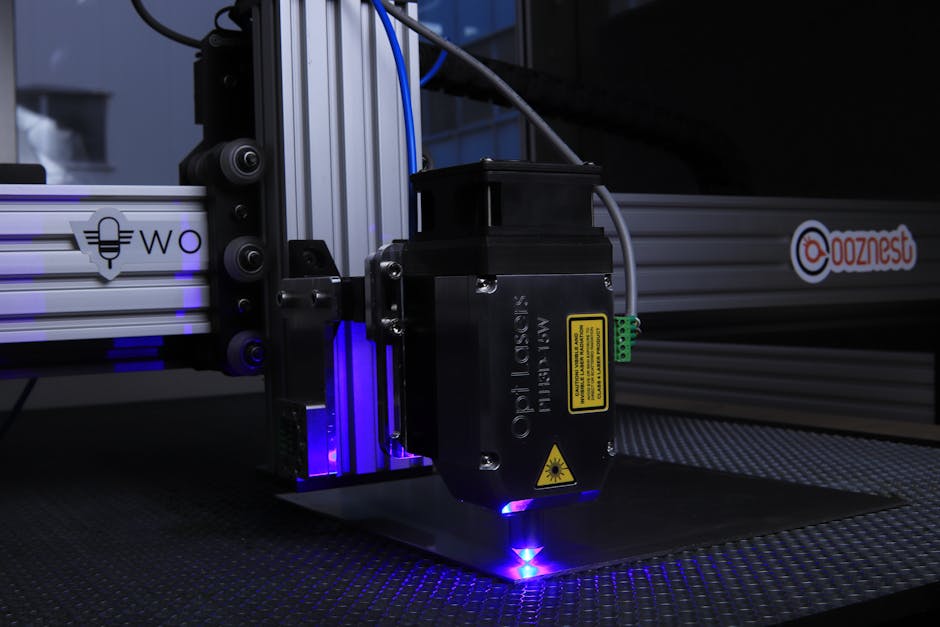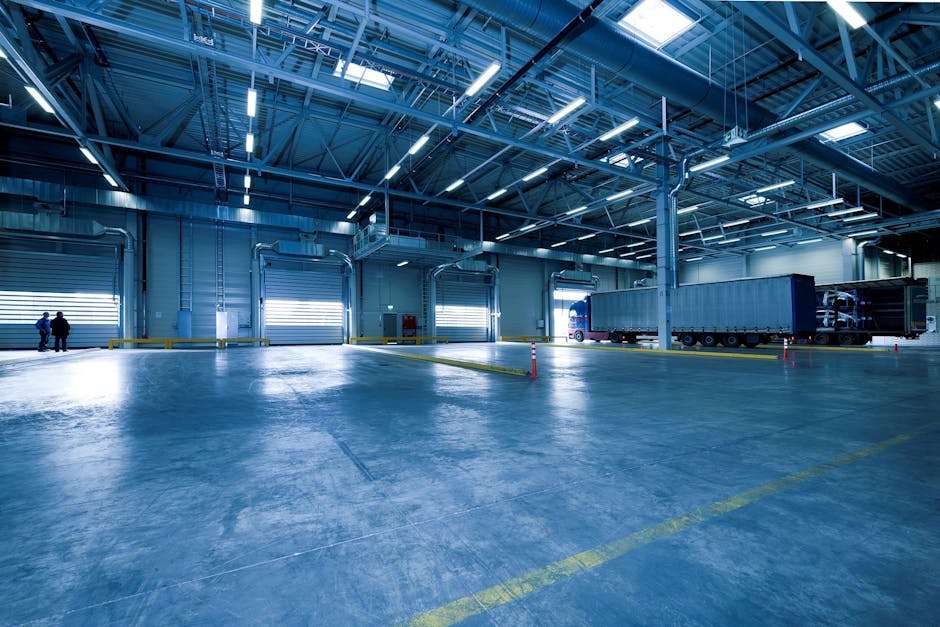The Impact of Automation on Industries
In today’s rapidly evolving technological landscape, automation is reshaping industries across the globe. From manufacturing to healthcare, automation has the potential to streamline processes, increase efficiency, and transform the way we work. But what exactly is the impact of automation on industries? How is it changing the workforce, the economy, and society as a whole? In this comprehensive article, we will delve deep into the various facets of automation and its effects on different sectors. Join us on this enlightening journey as we explore the past, present, and future of automation in industries.
The Evolution of Automation

Automation is not a new phenomenon. It has been around for centuries, with the first industrial revolution marking the beginning of mechanization and automation in manufacturing. The invention of the steam engine and the assembly line revolutionized production processes, leading to increased productivity and economic growth. Fast forward to the present day, and we are witnessing the rise of artificial intelligence, robotics, and machine learning, which are taking automation to new heights.
With the advent of advanced technologies, industries are now able to automate complex tasks that were once thought to be exclusively human. From self-driving cars to automated warehouses, the possibilities are endless. However, this rapid advancement in automation is not without its challenges. Let’s explore the impact of automation on industries in more detail.
Increased Efficiency and Productivity

One of the primary benefits of automation in industries is the significant increase in efficiency and productivity. Automated systems can perform tasks with precision and speed, reducing the margin of error and increasing output. For example, in manufacturing, robots can assemble products faster and more accurately than human workers, leading to higher production rates and lower costs.
Automation also allows companies to operate 24/7 without the need for breaks or rest, leading to continuous production and faster turnaround times. This increased efficiency not only benefits businesses by reducing operational costs but also improves the overall quality of products and services.
Impact on Employment and the Workforce

While automation can boost efficiency and productivity, it also raises concerns about its impact on employment and the workforce. As machines take over repetitive and mundane tasks, the need for human labor decreases, leading to job displacement and unemployment. Industries that heavily rely on manual labor, such as manufacturing and agriculture, are particularly vulnerable to this shift.
However, it’s essential to note that automation also creates new opportunities for skilled workers in fields like programming, robotics, and data analysis. As industries adopt automation technologies, the demand for employees with expertise in these areas increases. Upskilling and reskilling the workforce to adapt to the changing landscape of automation is crucial to ensure a smooth transition and reduce the negative impact on employment.
Cost Savings and Return on Investment

Another significant impact of automation on industries is the potential for cost savings and a high return on investment (ROI). While the initial investment in automation technologies may be substantial, the long-term benefits far outweigh the costs. By automating repetitive tasks, companies can reduce labor costs, minimize errors, and optimize resource allocation.
Furthermore, automation enables industries to operate more efficiently, leading to increased profitability and competitiveness in the market. Companies that embrace automation early on are likely to reap the rewards of improved efficiency, reduced waste, and higher productivity, giving them a significant edge over their competitors.
Quality and Consistency in Production
Automation plays a crucial role in ensuring the quality and consistency of products and services in industries. Machines are capable of performing tasks with precision and accuracy, following a set of programmed instructions without deviation. This level of consistency is particularly important in sectors like healthcare and pharmaceuticals, where even minor errors can have severe consequences.
By automating quality control processes, industries can detect defects early on, resulting in fewer defects and improved product quality. Automated systems can also monitor production parameters in real-time, making adjustments as needed to maintain consistency and meet quality standards. Overall, automation helps industries deliver high-quality products and services to customers, enhancing their reputation and brand image.
Challenges and Controversies Surrounding Automation
While the benefits of automation are clear, it is essential to acknowledge the challenges and controversies that come with its widespread adoption in industries. One of the primary concerns is the potential for job displacement and the widening skills gap in the workforce. As automation replaces traditional jobs, workers may struggle to find employment opportunities in a rapidly evolving job market.
Another controversial aspect of automation is its impact on income inequality. Automation has the potential to widen the gap between high-skilled workers who benefit from new job opportunities and low-skilled workers who are at risk of job loss. Addressing these disparities through education, training, and social policies is crucial to ensure a more equitable distribution of benefits from automation.
Future Implications of Automation
Looking ahead, the future of automation in industries holds immense potential for innovation and growth. As technologies continue to advance, we can expect to see even greater integration of automation in various sectors, from healthcare to transportation. The rise of artificial intelligence and machine learning will enable industries to automate complex decision-making processes and create more personalized customer experiences.
However, the future of automation also raises ethical and societal concerns. Questions around data privacy, algorithmic bias, and job displacement need to be addressed to ensure that automation benefits society as a whole. Collaborative efforts between policymakers, industry leaders, and the public are essential to navigate the ethical and social implications of automation in the future.
Conclusion
To wrap things up, the impact of automation on industries is undeniable. From increased efficiency and productivity to job displacement and cost savings, automation is reshaping the way we work and live. While the benefits of automation are clear, it is crucial to address the challenges and controversies surrounding its adoption to ensure a more equitable and sustainable future.
As we continue to embrace automation in industries, it is essential to prioritize education, training, and upskilling to prepare the workforce for the jobs of the future. By fostering a culture of innovation and collaboration, we can harness the full potential of automation to create a more prosperous and inclusive society for all.
Automation is not just a technological advancement; it is a transformative force that has the power to shape the future of industries in profound ways. By understanding and embracing the impact of automation, we can navigate the challenges and opportunities that lie ahead, paving the way for a more efficient, sustainable, and innovative future.




